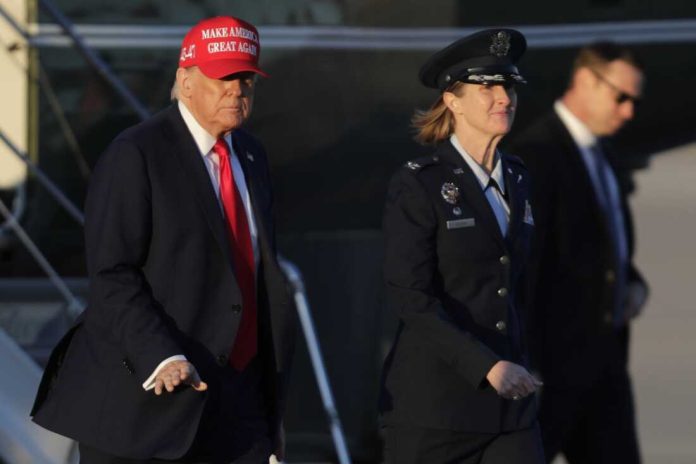A US judge has ruled that President Donald Trump’s dismissal of the head of a federal watchdog agency was illegal. This ruling could be an important test for presidential power and may be decided by the US Supreme Court.
Judge rules on Dellinger’s dismissal
US District Judge Amy Berman Jackson, based in Washington, had earlier ruled that Hampton Dellinger could stay in his post while awaiting a decision. Dellinger heads the Office of Special Counsel, which protects whistleblowers.
Judge Jackson said that if Trump could remove Dellinger, it would allow him “a constitutional licence to pressure officials in the executive branch into complying with his wishes.”
The Justice Department filed an appeal late on Saturday. They plan to challenge Jackson’s ruling at the US Court of Appeals for the District of Columbia.
Reactions and future implications
Dellinger, appointed by President Joe Biden and confirmed by the Senate to a five-year term, expressed his gratitude. He said the court’s ruling confirmed the legality of his job protections. He also vowed to continue protecting federal employees and whistleblowers from unlawful actions.
Trump’s lawyers argue that the ruling interferes with the president’s authority over his administration’s officials.
Judge Jackson, appointed by President Barack Obama, rejected the argument that the statute is unconstitutional. She explained that the Special Counsel’s role is to investigate unethical practices and help whistleblowers without fear of retaliation.
A narrow decision on presidential powers
Judge Jackson also noted that it would be contradictory if the Special Counsel feared dismissal. This could undermine the statute’s aim of protecting whistleblowers.
Earlier this week, the Trump administration asked the US Supreme Court to intervene. The court has already delayed a decision.
The Trump administration has worked to limit the independence of several federal agencies. These include the Federal Trade Commission, Securities and Exchange Commission, and Federal Communications Commission. The ruling in Dellinger’s case could clarify the president’s authority over such agencies.
Judge Jackson described her ruling as “extremely narrow” and stated it did not limit the president’s powers. She added, “This is the only single-headed agency left for the courts to consider, and it is unlike any of them.”
Acting Solicitor General Sarah Harris had argued that Dellinger’s role as Special Counsel hurt the Trump administration. She pointed to his involvement in halting the dismissal of six probationary government employees the administration had sought to remove.
